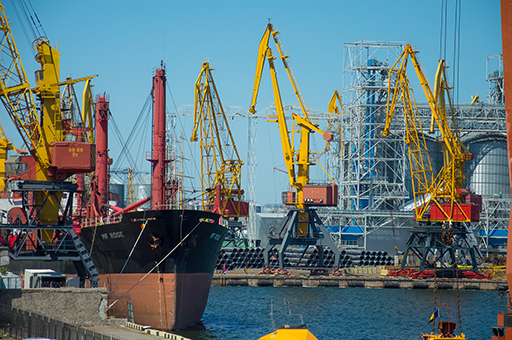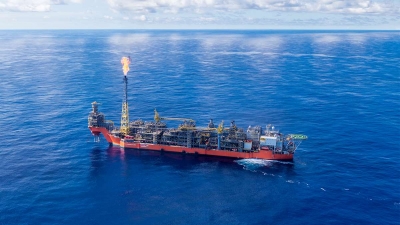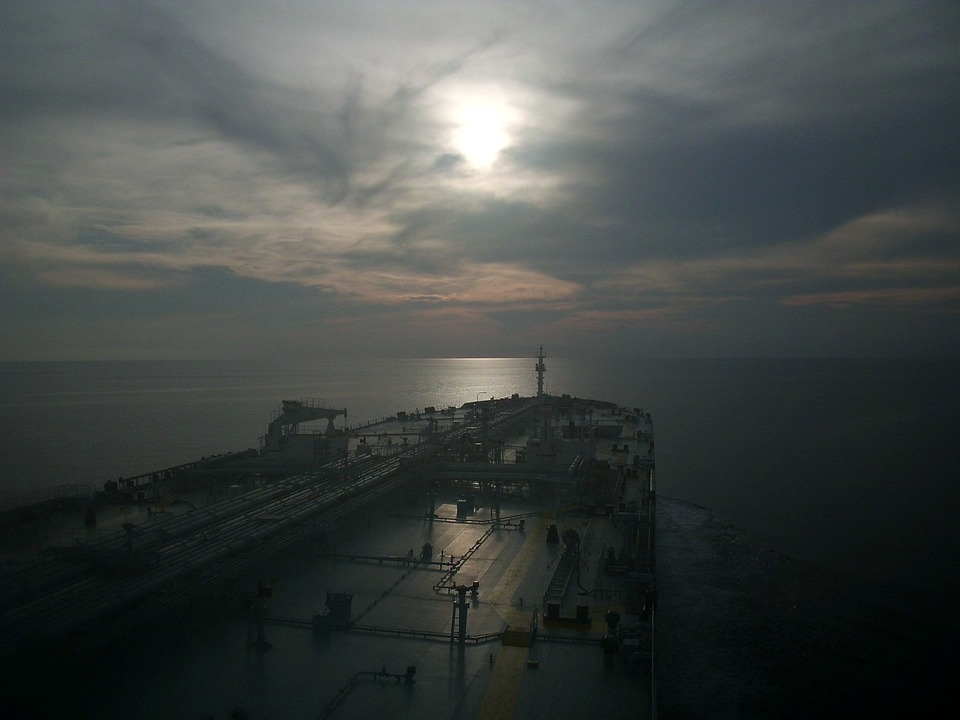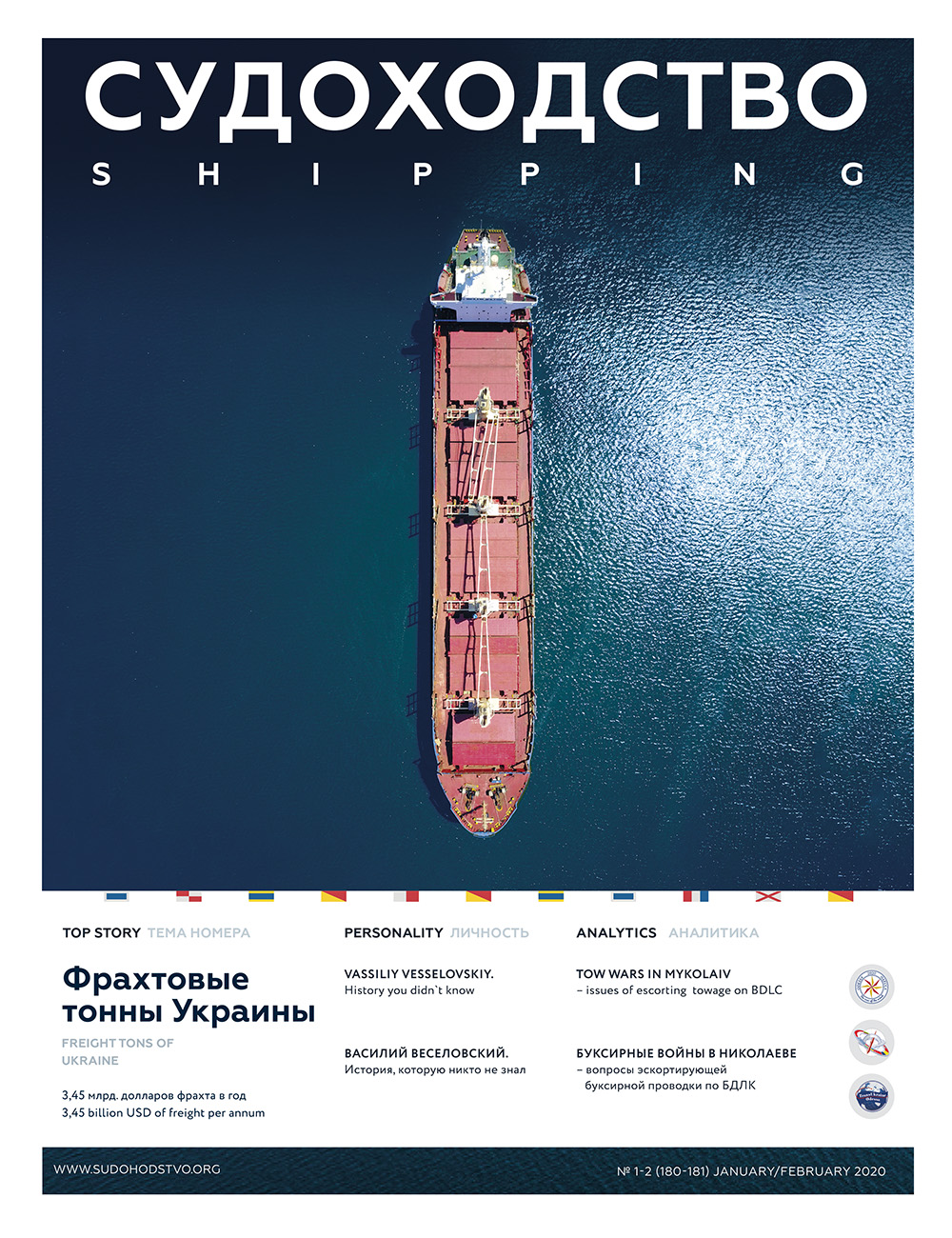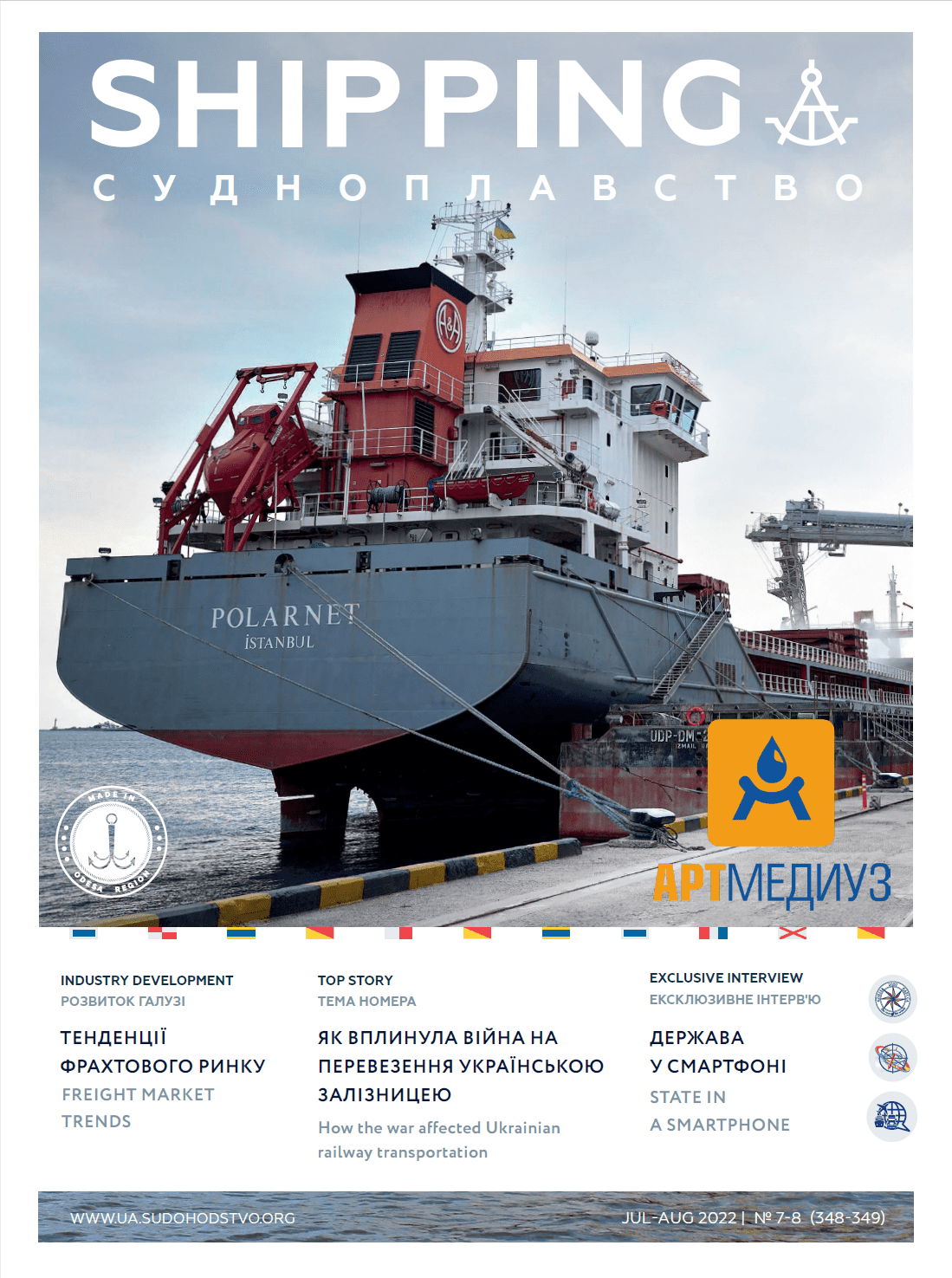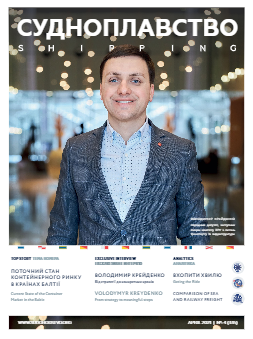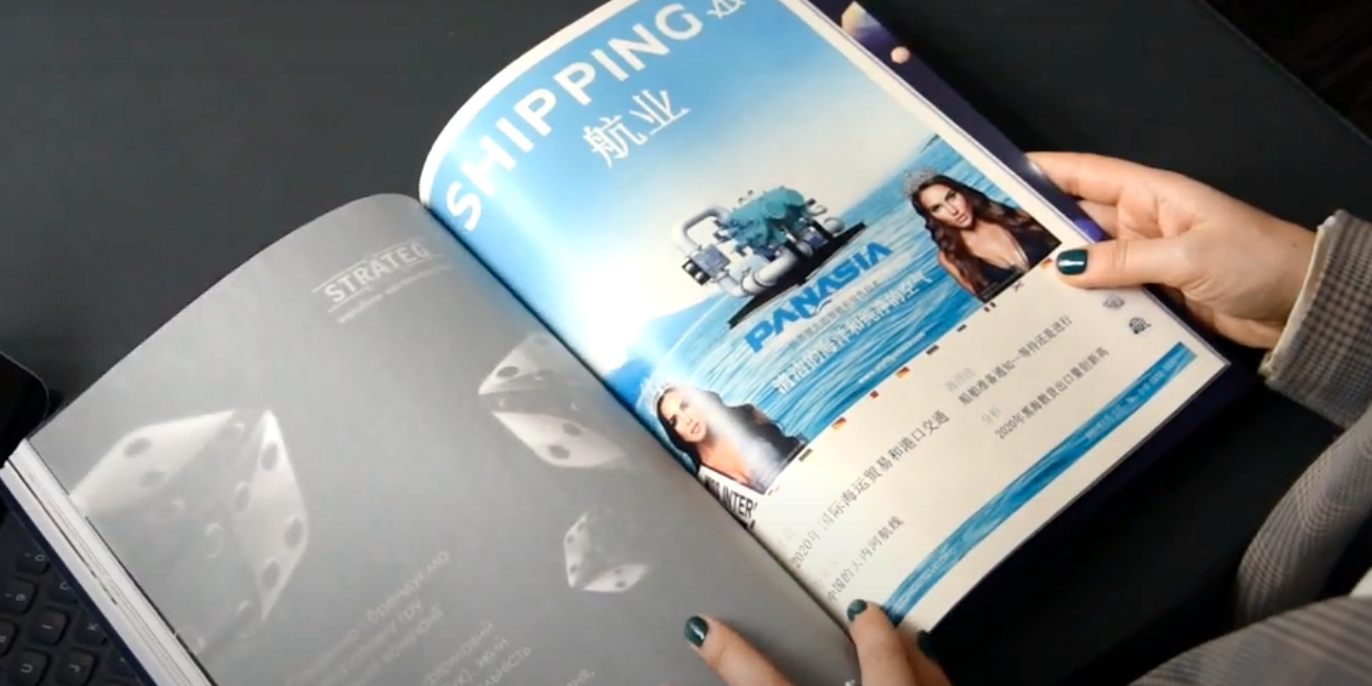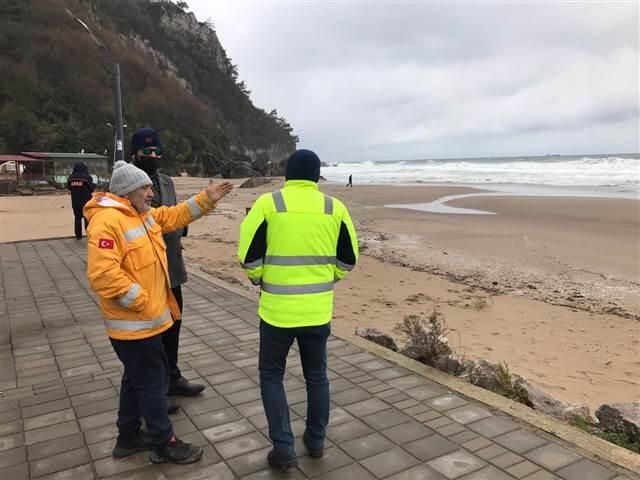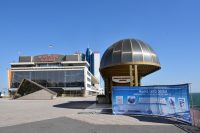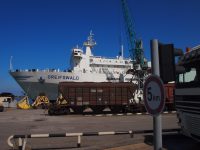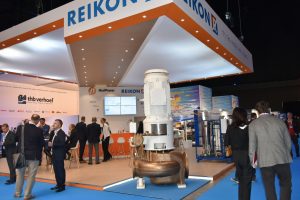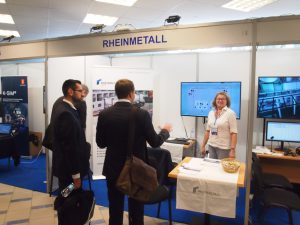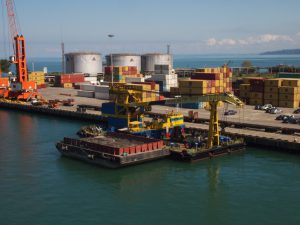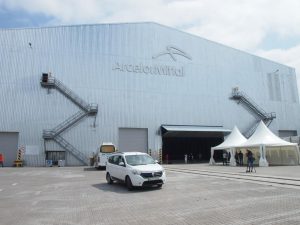Anastasiya Yarmolyuk
Shipping
The shipping industry is on the threshold of major changes, due to the entry into force of the EU Directive 2016/802 of the European Parliament and of the Council on January 1, 2020, regarding the reduction of sulfur content in particular fuels. The new requirements increasing the sulfur standards in marine fuel (bunker fuel) from 3.5% to 0.5%, which will have a positive impact on the environment and human health in the long term perspective.
What will happen in the marine bunker fuel market?
Shipping relates for 90% of world trade (about 12.5 billion tons annually). The maximum limit of sulfur content in bunker fuel – 0.5% will take effect in 2020, which will directly affect more than 70,000 vessels. These indicators provide insight into the global scope of the reform implemented by IMO 2020 regulation.
Stricter limits on sulfur emissions (SOx) have already set in emission control areas (ECAs) in Europe and America. New control zones are being created in the ports and coastal China.
The history of the creation and development of requirements for reducing harmful emissions from ships began in 2005, when IMO requirements for the reduction of harmful emissions from ships for the first time came into force in accordance with Annex VI of the International Convention for the Prevention of Pollution from Ships (MARPOL Convention). Since then, restrictions on emissions from ships have gradually become stricter every year.
The main polluting substance to the restrictions apply is sulfur oxide (SOx). The last significant severization of the restriction on its content in marine fuel came into force in 2015. Then the SOx content should not exceed 0.1% in the Emission Control Areas (ECA). For shipping outside the ECA zone, sulfur content in marine fuel is allowed up to 3.5%, however, the new requirements from January 1, 2020 will further reduce this figure to the level of 0.5%.
According to the International Economic Association, the market for marine bunker fuel accounts for only about 4% of global oil demand. However, these changes in this market are quite important for the oil refining industry, since about half of the oil consumed in the world is used there.
The International Labour Organization (ILO) expects that the bunker fuel market can adapt relatively seamlessly to new requirements for fuel quality. However, a number of experts and market participants are concerned that the new requirements are extremely disadvantageous both for shipping companies and for oil refineries.
Innovations are likely to lead to an imbalance of supply and demand for individual petroleum products in 2020 and sharp price fluctuations, and new environmental standards for the sulfur content in bunker fuel will affect changes in the global refining profile for several years after the introduction of new requirements into force.
How to ensure compliance with new requirements?
Shipowners and operators will be able to use a variety of options to meet the requirements of IMO for sulfur restriction. These include the use of compliant low-sulfur or alternative fuels such as liquefied natural gas (LNG), liquefied petroleum gas (LPG), compressed natural gas (CNG), biofuels, solar energy, or fuel cells. SOx can also be controlled using an alternative technology such as an exhaust gas cleaning system (scrubbers).
However, ship owners and operators will have to take into account a wide range of factors choosing a solution to ensure compliance with new requirements, including vessel age, operating and capital costs, fuel availability, availability andreliability of the technological solution, as well as the main areas of trade.
To find the most cost-effective solutions, shipowners and operators must adapt their solutions to ensure compliance with their fleet. First of all, they must be viable and sustainable in the long term.
According to experts, the use of low-sulfur bunker fuel can be the easiest way to adapt new requirements. Oil refineries can mix different types of fuel oil, producing products that will meet the necessary requirements for sulfur content. Marine gas oil may also be the basis of low-sulfur fuel. Many believe that, starting from 2020, it will be a good alternative to high sulfur fuel oil, due to the fact that the minimum operational changes of engines will be needed. In addition, there is a significant amount of gas oil in the oil refining market. However, the only disadvantage is the price, which is significantly higher compared to low-sulfur fuel oil.
An alternative option to comply with the requirements for the limit of sulfur content for sea freight carriers is the installation of exhaust gas cleaning systems — scrubbers. The downside is the high cost of refitting vessels, which can cause their downtime.
The potential compliance with the new standards do not end there. So, there is the option of using alternative fuels (with low or sulfur-neutral content). These are LNG, LPG and biofuels. The use of liquefied natural gas (LNG) is the most promising, but it requires the need for capital investments in the port infrastructure and an to increase the fleet of vessels operating on LNG.
Thomson Reuters analysts emphasize that, in the new legal environment, producers of light, low-sulfur oil will be in a benefit in the first place. Anyway, any of the above modernization options will lead to large investments by shipowners, and as a result, and to the subsequent rise in the cost of cargo transportation by sea.
As a result of the implementation of the program IMO 2020, the first results can be seen only in 10 years. So, by 2030, a reduction in CO2 emissions will decrease by 4%, and by 2050, emissions will be by 50%!
«All shipowners will have to come to an agreement on using the same, as a rule, more expensive types of fuel for ships. It will also require the development of a special infrastructure, which is not currently available. Outdated vessels will not be able to function, since they cannot be modified, » Vasileos Logothetis, Vice president of Hellenic Chamber of Shipping, reported during his entry on May 30, 2019 at the Grain & Maritime Days Conference in Odessa 2019.
CEO of Maersk Ukraine Roman Koloyanov, speaking at the international Freight Forwarders Forum 2019, spoke about the new IMO 2020 program and its impact on the market of container traffic in Ukraine and around the world. «Already in 2020, prices in the shipping market will increase significantly. This applies to all types of ships, as the IMO regulations apply to all. The first thing you need to pay attention to: this innovation will have a geographical aspect, since the transportation distance will play a significant role in shaping the freight cost. Indeed, one of the main items of expenditure of any shipowner is fuel. Therefore, all this will have a direct impact on trade, in particular, on goods with low cost or low margins. For Ukraine – this is the majority of export goods. Therefore, our exporters will face the fact that they will not be competitive in the sale of grain in the Far Eastern markets. And all this is directly related to the large distance between these regions, and, accordingly, will make freight rates unprofitable. The IMO regulations will also have a direct impact on the competition between sea transport and others, such as road transport, air transport, for transportation over short distances. And in this situation the sea transport will start losing to the road one,» R. Koloyanov commented.
Danish transport and logistics group A.P. Moller-Maersk plans to become a carbon neutral company by 2050. This aim was announced by Soren Skou, CEO of the Group, as part of laying the first warehouse refrigeration complex of the group in St. Petersburg. «There is a serious problem of environmental pollution, and it needs to be addressed. To do this, you need to move from the use of fossil fuels to alternative. By 2050, we plan to become a carbon neutral company, in order not to release into the environment more than we consume. We are now exploring ways to achieve this, » said Skou.
There are two possible ways to solve this problem, which were identified by top manager. The first one is the use of biofuels by ships. «This solution is good because biofuels can be burned when used in existing engines, » said Skou.
According to him, tests of the largest container vessel Maersk, which runs on fuel, consisting of 20% of biofuels, are being carried out. «The question of biofuels is different. Is it possible to grow raw materials for its production in an environmentally sustainable way so as not to harm the environment, » he added.
The second option is to use hydrogen as a fuel. However, its production requires a lot of electricity, the production of which will also affect the atmosphere.
Since 2020, due to the tightening of environmental international requirements for ship fuel, Maersk plans to use more low-sulfur fuel. Earlier, in September 2018, Maersk announced its intention to install scrubbers on a limited number of ships, for a total of about 750 container ships. Previously, the company stated that it was categorically against exhaust cleaning systems.
Maersk’s strategy was redefined by new trends changing the economy of the shipping business. The market faced the negative consequences of the race for operators for market share and the unwillingness to compensate for the sharp rise in fuel prices. Maersk expects an increase in annual spending on bunker fuel after the entry into force of a new measure of IMO by $ 2 billion. «In order to comply with international environmental requirements for ship fuel, from 2020 our company will use either low-sulfur fuel on ships or equip them with scrubbers, » noted Skou.
In his opinion, it is advisable to use scrubbers. «This technology itself is not very complicated. About 25% of the vessels used for container transport are equipped with scrubbers today. However, their installation is economically beneficial only on large vessels. It is better to reduce the amount of sulfur in the fuel at the refinery in large volumes, rather than purifying the exhaust directly on the vessel, » noted Skou. At the same time, he stressed that the company has no plans to build ships on LNG.
Nitrogen oxide emissions should also be reduced.
The second limitation of the IMO 2020 directives – on the levels of emissions of nitrogen oxides, raises even more questions, since the existing technologies for this are recognized by experts as unreliable.
To meet the established requirements, it is necessary for the engines of the vessels to comply with the Tier III standard, which will reduce the level of nitrogen oxides by 80%. However, as was noted earlier by the Admiral Makarov State University of Maritime and Inland Shipping professor Alexander Punda, in conditions of strong agitation, the use of technology to reduce emissions of nitrogen oxides – SCR can lead to system failures on the vessel. In addition, this technology is inefficient at low engine speeds used for travel at economical speeds and maneuvering in ports. Also, the application of this standard leads to an increase in CO2 emissions.
As the representative of the International Association of Catalytic Control of Ship Emissions to Air (IACCSEA), Joseph McCarnay, noted, when using SCR (Euro 5), there are known cases of calcium sulphate deposition on the deck of the vessel. There is also a problem with the disposal of spent catalysts containing hazardous substances.
***
Proponents of the restrictions like to estimate how many people died from sulfur emissions and nitrogen oxides from ships. The methodology of such calculations is incomprehensible, but in any case, no calculations of what long-term environmental consequences such initiatives may have are mentioned anywhere.
In the next issue of the Shipping magazine, we will talk about the wave effect of IMO 2020 in shipping, the economy and the environment, consider the sanctions provided for non-compliance with the requirements, and also find out the opinion of the International Chamber of Shipping (ICS) regarding IMO regulations.

